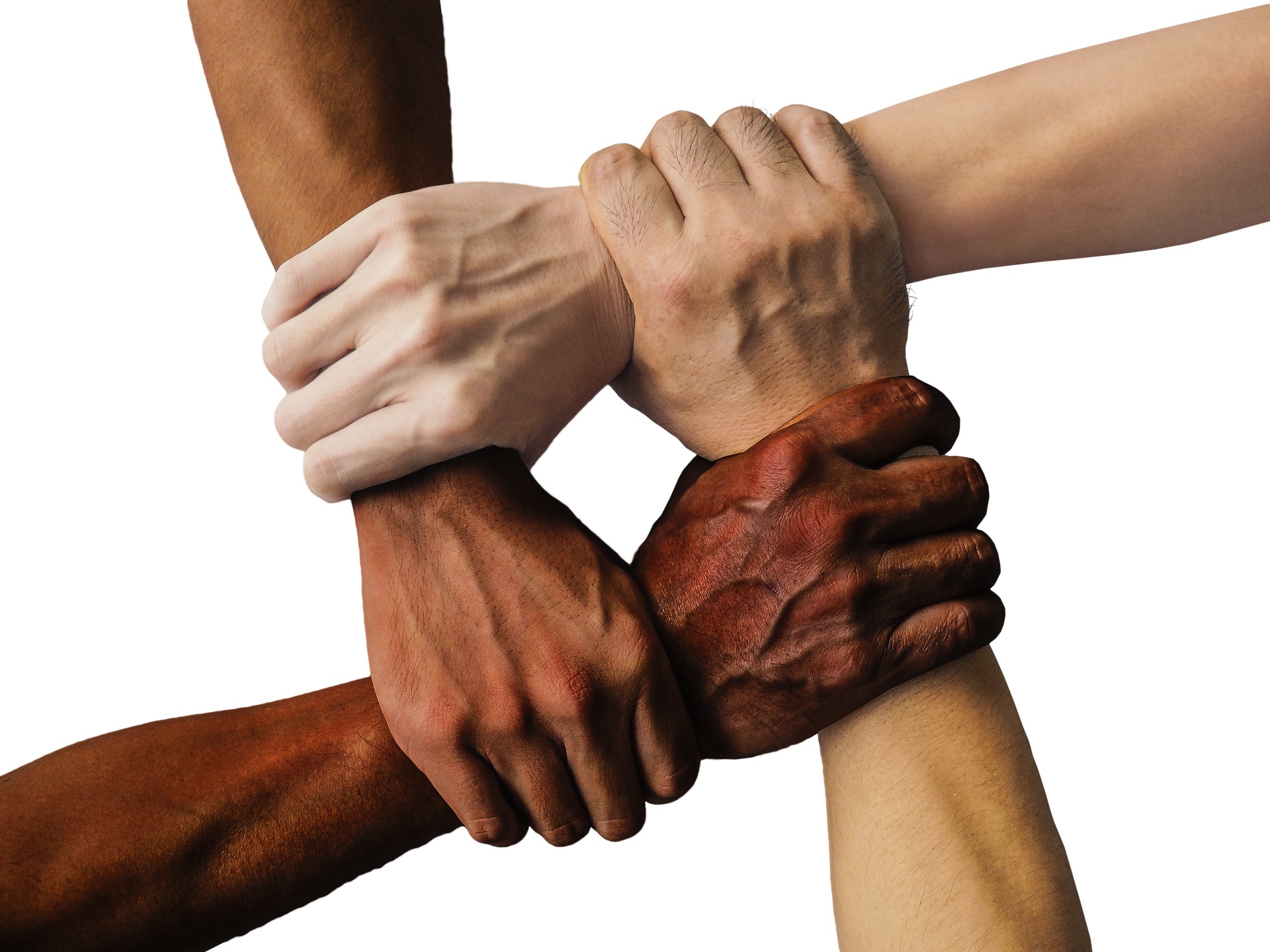
Micro-Targeted Stories and Citizen Scientists to Improve Scientific Communication
Two most promising solutions selected by expert judges on MIT Pandemic Response CoLab
When facing a pandemic, new scientific insights need to be shared and validated quickly. However, this not only involves the scientific community, but also the general public. While researchers need to communicate amongst each other, they also have to communicate with the general public in a trustworthy and understandable way.
The Pandemic Response CoLab is a joint project by the MIT Center for Collective Intelligence (CCI), MIT Media Lab’s Community Biotechnology Initiative, and founding member MilliporeSigma, the life science business of Merck KGaA, Darmstadt, Germany. The Pandemic Response CoLab is an open, online collaboration platform which invites anyone, from individuals to groups, from communities to businesses, to develop actionable solutions for challenges presented by the COVID-19 pandemic.
“A global challenge like the pandemic necessitates global solutions,” said David Kong, Director of the MIT Media Lab’s Community Biotechnology Initiative and co-founder of the CoLab platform. “We are excited to utilize the Pandemic Response CoLab to channel the creativity and innovation of diverse communities all around the world toward addressing the myriad challenges we face arising from the pandemic.”
Submissions to the challenges are evaluated by selected experts.
Recently, the Pandemic Response CoLab announced the winners of its “Retooling methods of scientific communication” challenge. This challenge was judged by four experts who are active in validating and sharing scientific information: Brad King (Journalist and Editorial Director of Carnegie Mellon University’s ETC Press), Emily Mullin (Journalist and Staff Writer for Future Human), Alex Pearlman (Science and Health Policy Reporter and Analyst), and Renee Connolly (Global Head of Communications and Corporate Responsibility / Sustainability at MilliporeSigma).
The winners are:
Micro-targeted Stories for Vulnerable Populations contributed by Cat B. Smith. Although scientists have created a safe and effective vaccine for COVID-19, the number of vaccine sceptics is high and various geopolitical adversaries aim to further undermine public trust in vaccinations. So what’s the solution? The facts must be embedded into good stories. But in order for stories to be a meaningful vessel for scientific insight, scientists must understand how fact and fiction can support each other, and they must collaborate with story-tellers.
Empowering Citizen Scientists and Cross-Collaboration presented by Briana Brownell and Bronwyn Syiek. By and large, science is siloed and heavily guarded. However, unprecedented innovation and insight comes when individuals of disparate backgrounds come together to discuss scientific challenges. A possible solution is to build an accessible online community that would include and respect individuals’ experiences in a series of guided conversations, Q&A, AMA (Ask Me Anything), experiments, and exercises.
Visit the Pandemic CoLab to learn more about these solutions and to participate in other challenges.


